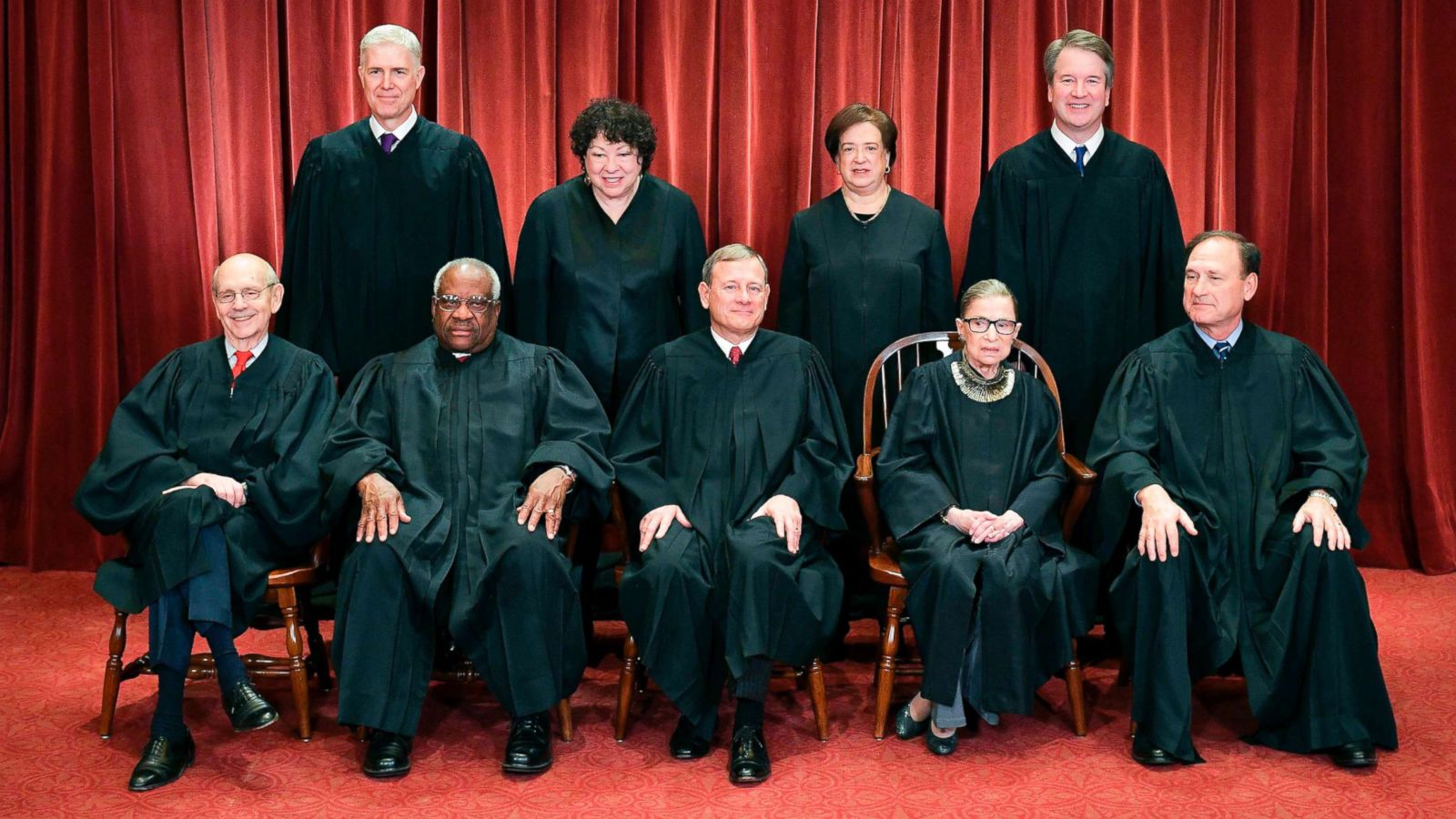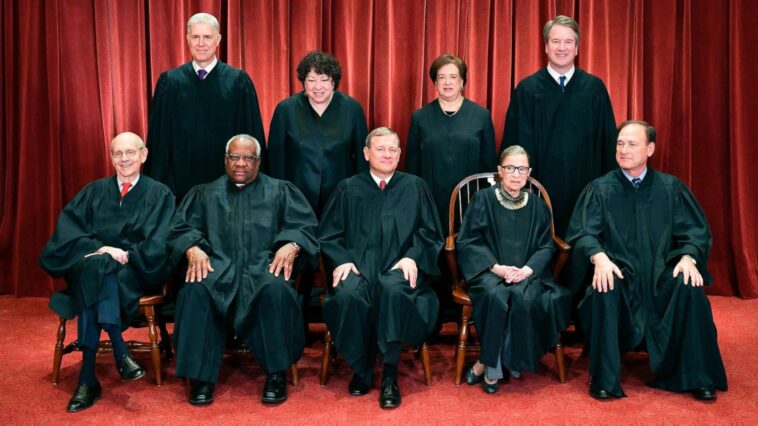
US Supreme Court Limits SEC’s Ability to Press Complaints Before In-House Judges
The US Supreme Court has limited the Securities and Exchange Commission’s (SEC) ability to press complaints before in-house judges. The court stated that defendants have the constitutional right to make their case to a federal jury when the agency is seeking financial penalties. This 6-3 decision could lower the leverage of the commission to extract high-dollar settlements. The ruling could have a domino effect, potentially affecting other federal agencies such as the Federal Trade Commission, Agriculture Department and Environmental Protection Agency, which impose penalties through administrative proceedings.
Background
The case is part of a Supreme Court term that has broad implications for federal regulators. The justices are also assessing whether they should reverse a precedent that gives regulatory agencies leeway when they interpret obscure congressional commands. So far, the court’s conservative majority has been vastly skeptical of what they view as overreach by regulatory agencies. The majority argued that the SEC’s “antifraud provisions replicate common law fraud” and that those types of claims should be heard by a jury.
The Majority’s Opinion
The SEC once used the administrative system to decide on over 100 cases a year before scaling back in the face of legal challenges. The Supreme Court’s conservative majority said that the SEC’s antifraud provisions replicate common law fraud, which is why such claims should be heard by a jury. The justices said that “A defendant facing a fraud suit has the right to be tried by a jury of his peers before a neutral adjudicator.” The majority added that the alternative was allowing Congress to “concentrate the roles of prosecutor, judge, and jury in the hands of the Executive Branch. That is the very opposite of the separation of powers that the Constitution demands.”
Dissenting Opinion
Justice Sonia Sotomayor dissented and warned that the latest ruling will lead to “chaos” across the government. The ruling could bring significant effects on how brokers, investment advisers, and other parties that fall under SEC rules can settle cases. The ruling raises questions about what constitutes fraud specifically in the securities context. Many cases that have challenged the agency’s use of administrative proceedings involved fraud allegations. The ruling is a victory for George Jarkesy, a conservative radio host and former hedge fund manager who the SEC accused in 2013 of misleading investors about his fund’s prime broker and auditor, and their investment strategies and holdings.
Ripple Effect on Government
The case could have far-reaching consequences on other federal agencies that use administrative proceedings, as the Supreme Court focused on the SEC’s claims specifically, thereby making it not directly instantly easily applicable to other regulatory agencies. Many of these agencies impose civil penalties through administrative proceedings, and several, including the Occupational Safety and Health Review Commission and the Federal Energy Regulatory Commission, do not have the legal authority to go to court to seek civil penalties. While the majority’s decision could reduce the SEC’s leverage to extract high-dollar settlements, it will be interesting to see how the regulator views the ruling’s effect on its administrative proceedings.
Originally Post From https://news.bloomberglaw.com/legal-ethics/supreme-court-curbs-secs-use-of-in-house-judges-in-fraud-cases
Read more about this topic at
Supreme Court limits SEC’s powers to impose fines
Supreme Court knocks down Wall Street regulator’s in- …

